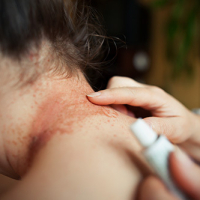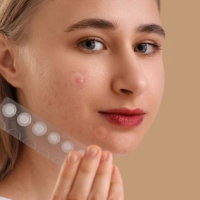Eczema is a chronic skin condition that often requires long-term management rather than a one-time solution. While in-office care and prescription medications play an essential role, effective eczema treatment goes far beyond specialist appointments.
Skin Care Blogs
Skin care is about more than just appearance—it’s about maintaining the health, function, and confidence that come with well-cared-for skin. At Dermatology Partners, we believe that informed patients make empowered decisions, which is why we’ve created a collection of blogs focused on skin care essentials. Whether you’re looking for guidance on daily routines, curious about the latest in-office treatments, or want to understand more about the roles of different dermatology providers—like dermatologists, physician assistants, and nurse practitioners—you’ll find valuable insights here.
Our blogs cover a wide range of topics, from acne and anti-aging strategies to the science behind skincare products and procedures, such as chemical peels and laser therapy. You’ll also learn what to expect when seeing different types of providers and how each contributes to your skin health journey. Whether you're just getting started or looking to refine your routine, our goal is to offer clear, reliable information to help you feel confident in your skin and your care team.








